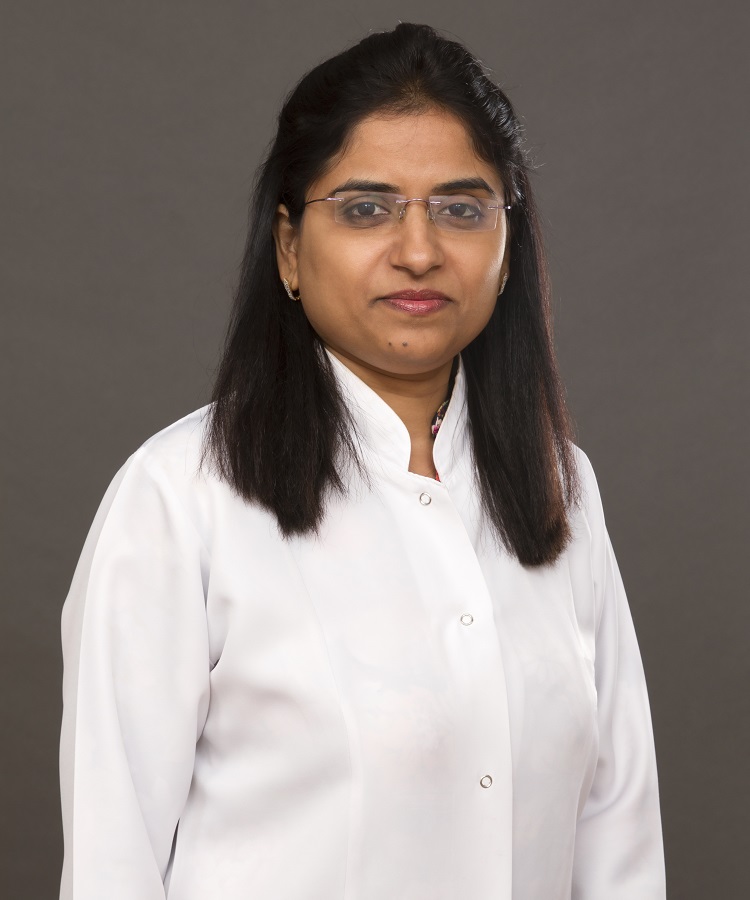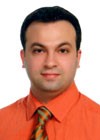An alarming number of Filipinas are being found with this affliction. But there’s good news: Early detection is key to winning the battle.
‘According to WHO, there are about 1.38 million new cases and 458,000 deaths from breast cancer each year. Majority of deaths or some 269,000 occur in low- and middle-income countries where most women with breast cancer are diagnosed in late stages due mainly to lack of awareness on early detection and barriers to health services.’
DUBAI: An alarming number of Filipinas, mostly in the younger age group, are being diagnosed with breast cancer in the UAE at an annual rate.
This, according to oncologists and other medical specialists interviewed by The Filipino Times, who said tumors in the breast top the type of cancer afflicting Filipinas, with the number running as high as 450 of the approximately 1,000 overseas Filipino workers (OFWs) diagnosed with varying stages and types of the life-threatening disease every year.
“We think that about 450 Filipino women get breast cancer yearly in the UAE,” said Dr. Mohanad Diab medical oncology consultant and head of oncology services at NMC Hospital in Abu Dhabi who also oversees patients in Dubai, Al Ain and Sharjah.
“Age group,” added Diab, “is approximately between 35 to 50 and we see it much more nowadays in younger ages.”
Dr. Balaji Balsubramanian, consultant surgical oncologist at NMC Hospital in Abu Dhabi, who also sits on the European Board of Surgery as diplomate and examiner, for his part, said “breast cancer is the most common cancer among overseas Filipino women.”

Balsubramanian said Filipina breast cancer patients are notably young at between 30 and 45 years old compared to the global demographics of the disease.
“Usually breast cancer affects people in the older age – the commonest being between 50 to 60. But in the UAE, as the working population here is young , we do get around between 40 to 50 years of age. Also recently, we have cases of breast cancer in 30 to 40 age bracket, which was quite unusual in past,” he said.
“I personally feel that many of them are too young to have acquired breast cancer,” Balasubramanian said.
The cancer specialist said that most of the time, cases of breast cancers among Filipinas are detected in its early or intermediate forms, meaning Stages I to III.
Cancer patients in the UAE are mostly referred to NMC because the hospital has a state-of-the-art oncology facility.
Dr. Archana Ashtekar, obstetrics and gynecology specialist at Bareen International Hospital in Abu Dhabi meantime presented a picture of how it is in the country’s capital saying, “Based on my clinical experience, one in every 50 Filipino patients are suffering from breast cancer. They are mostly female, in their mid-30’s to late 50’s.”

Indeed, breast cancer is widely believed in UAE medical circles to be so prevalent in the Filipino community that Dr. Reah Villamarin of Al Raha Hospital, herself a Filipina, said the disease is “still often observed in many Filipinos.”
Causes
Diab said being physically, mentally and emotionally drained has been known as among causes of cancer.
“Stress is the major factor which contributes in initiating the cancer process,” he said.
“Causes of cancer are unknown but several risk factors are there like family history, obesity, low physical activity and smoking,” he added.

Villamarin added that OFWs who work nightshifts are at risk. “The World Health Organization recognizes that working on night shift is a probable carcinogen for breast cancer,” she said.
Diabetes is also a risk factor as it increases the probability of breast cancer by up to 50%, according to the medical portal WebMD. “Filipinos tend to eat more while working under stressed. Unhealthy foods like canned foods, preserved food and stress, lack of exercise due to 12-14 hours shifts may developed obesity that are link to higher probability of depressed immune system and is also a risk factor for breast cancer,” Villamarin said.

The UAE ranks first in having the most number of Filipino women working overseas with over 226,800 workers, according to recent figures from the Philippine Statistics Authority (PSA).
This comprises 18.9% of the total number of female overseas Filipino workers (OFWs) around the world which stood at over 1.2 million as per the PSA’s report for 2016.
Stress
Meantime, Dr. Arun Warrier, consultant at Aster Hospital’s oncology department, in a previous interview, said working away from home and loved ones – with the emotional and psychological stress it entail – plays a role in acquiring the dreaded disease.
“It definitely may play a role. We usually speak of cancer as a multi-factorial disease,” said Warrier.
“People who live away from home have sedentary and erratic lifestyles, which predispose them to all sorts of diseases including cancer. Late marriage, obesity, fatty diet are all risk factors in such a migrant population,” he explained.
Awareness
October is Breast Cancer Awareness Month and is marked in countries across the world to help increase attention and support for the awareness, early detection and treatment as well as palliative care of this disease.
According to WHO, there are about 1.38 million new cases and 458,000 deaths from breast cancer each year.
“Breast cancer is by far the most common cancer in women worldwide, both in the developed and developing countries. In low- and middle-income countries the incidence has been rising up steadily in the last years due to increase in life expectancy, increase urbanization and adoption of western lifestyles,” said WHO.
The international health organization added that majority of deaths or some 269,000 of the 458,000 occur in low- and middle-income countries, where most women with breast cancer are diagnosed in late stages due mainly to lack of awareness on early detection and barriers to health services.



